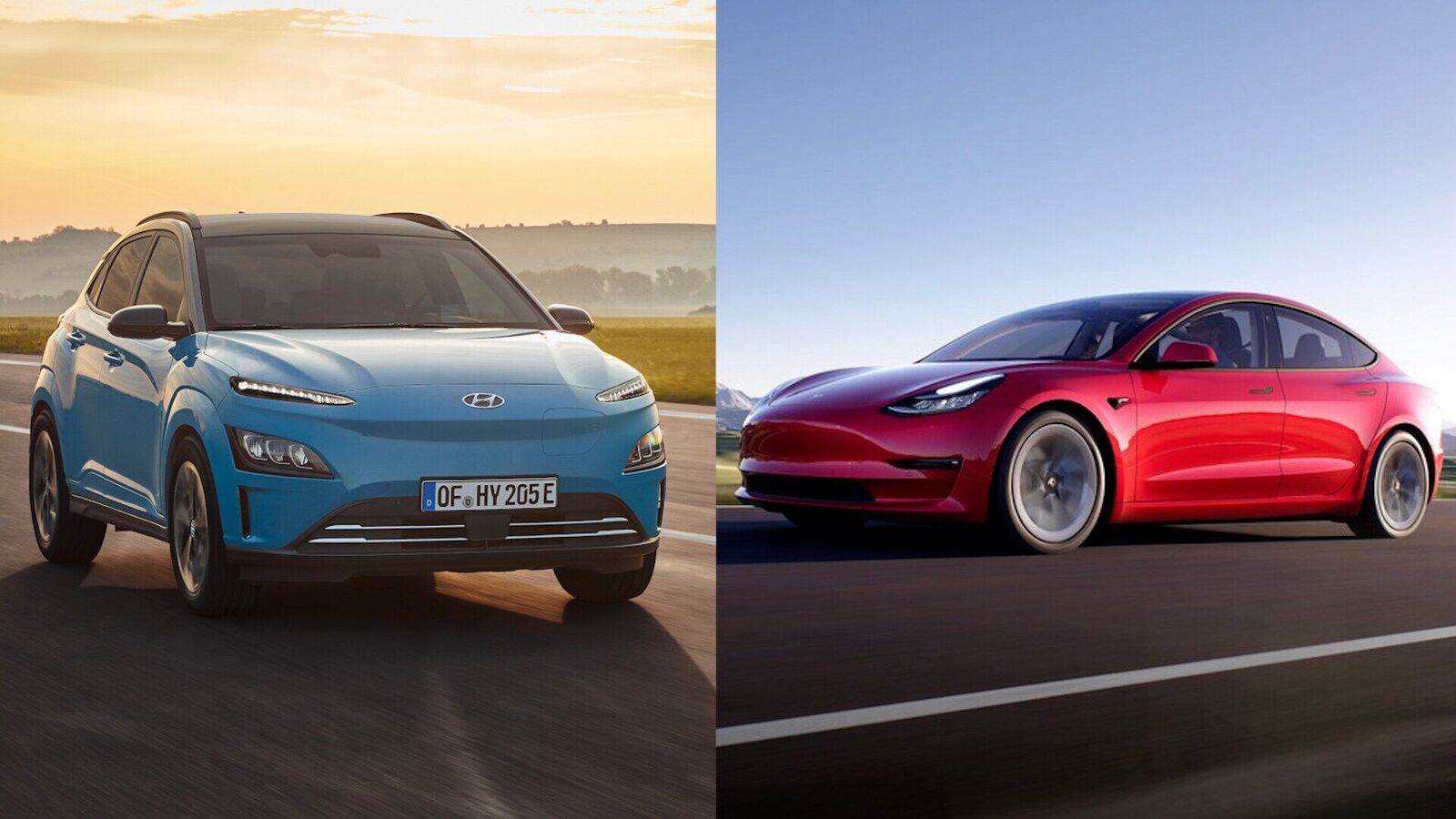The changes make a new batch of vehicles eligible for the credits, including electric vehicles for the first time. But a large number of cars are no longer eligible, and some that seem to be in high demand, such as the most popular Tesla Model Y, are currently being left out in the cold.
New guidance from the Treasury Department and the IRS is still in flux. While parts of the law went into effect Jan. 1, the department has until March to finalize rules on how to meet the battery content requirements.
The changes were initiated by the Biden administration’s Inflation Reduction Act. The legislation, signed into law last year, establishes new criteria to qualify new electric or plug-in hybrid vehicles in tax credits of up to $7,500.
First, the vehicle must be assembled in North America, use a battery with a capacity of at least 7 kilowatt-hours (kWh), and have a gross vehicle weight rating of no more than 14,000 pounds.
In the case of a van, SUV or pickup, the manufacturer’s suggested retail price cannot exceed $80,000. For other vehicles, such as sedans, the list price cannot exceed $55,000.
Buyers also have income restrictions. To be eligible, single filers must have an adjusted gross income of $150,000 or less, heads of households are capped at $225,000, and joint filers must earn no more than $300,000.
option extra
To complicate matters further, “optional equipment that is physically attached to the vehicle upon delivery to the dealership” also counts toward that figure — though destination charges and other items like taxes don’t count toward that figure.
Treasury offers a rolling list of eligible vehicles on its website, as well as a tool that allows users to search by VIN.
But these requirements are already causing headaches.
Tesla’s popular five-seat Model Y doesn’t weigh enough to be classified as an SUV by the government, meaning its $65,990 starting price makes it ineligible for the $7,500 credit that Uncle Sam considers a sedan.
“Screwed up!” Musk tweeted earlier this week. Tesla’s three-row, seven-seat Model Y, on the other hand, does qualify.
It’s not just Tesla. GM’s Cadillac Lyriq EV and Ford Motor Co’s Mustang Mach-E also can’t get the honor because they don’t qualify as SUVs and exceed the sedan’s $55,000 MSRP ceiling.
upcoming changes
On top of that, vehicles will soon have to meet certain content requirements to be eligible for points.
The Treasury Department is still finalizing the guidelines and accepting public comment. Broadly speaking, though, new cars must be powered by battery packs that are 40 percent or more mineral and at least 50 percent physical components from North America or a country with which the U.S. has a free trade agreement.
These percentages will increase over time as part of the administration’s efforts to develop North American supply chains and reduce reliance on China. But until officials finalize the requirements, they won’t apply to sales that are currently underway.
By requiring all electric vehicles to be assembled in North America to qualify for the credit, Biden’s legislation excludes a swath of previously eligible vehicles — including many from BMW, Mercedes-Benz and Volkswagen’s Audi division. That’s one reason why so many foreign automakers are looking for production sites in the United States, Canada and Mexico.
lease and use
But foreign manufacturers, such as those in Europe, and Asian manufacturers, such as Hyundai, may be able to obtain credit separately for commercial vehicles, which do not have the same stringent requirements.
While the title business credit involves a $40,000 incentive for electric vehicles with a battery capacity of at least 15 kWh — aimed at the heavy-duty truck market — it also includes incentives for any vehicle with a gross weight rating of less than 14,000 pounds and a battery capacity of 7 kWh or higher – just like consumer credit.
This means that under current tax laws, electric vehicles leased by dealerships are eligible for business credit even if they end up being driven by ordinary people. Hyundai Motor and the South Korean government have expressed interest in the bug, as has Rivian Automotive Inc., a U.S.-based electric vehicle startup.
The apparent backdoor has drawn criticism from Sen. Joe Manchin, a West Virginia Democrat who pushed for the content requirement in the first place. In a statement last week, Manchin said the Treasury Department’s interpretation “bows to the will of loophole-seeking companies, clearly not the intent of the law.”
“Treasury is simply following the tax laws and the IRA,” the department said in a statement. “The tax laws governing ownership in lease situations and what constitutes legitimate business use” is clear.
The government also offers credits for used electric vehicles worth $4,000 or 30% of the sale price, whichever is less. But there are limits, including that used cars must be under $25,000 to qualify.
Also, used credits are only valid for vehicles that are at least two model years older than the current calendar year when they were sold. In addition, each car can only apply for a second-hand car credit line once during the entire life cycle, and the buyer cannot be the original user.
Consumers will be eligible for credit based on their income. The used car credit is only available to individuals with adjusted gross income of $75,000 or less, head of household income of $112,500 or less, or couples filing jointly with $150,000 or less.
First published date: Jan 6, 2023 at 09:58 AM CST
https://auto.hindustantimes.com/auto/electric-vehicles/us-ticks-off-tesla-pleases-korea-s-hyundai-with-ev-tax-credits-41672978917641.html
